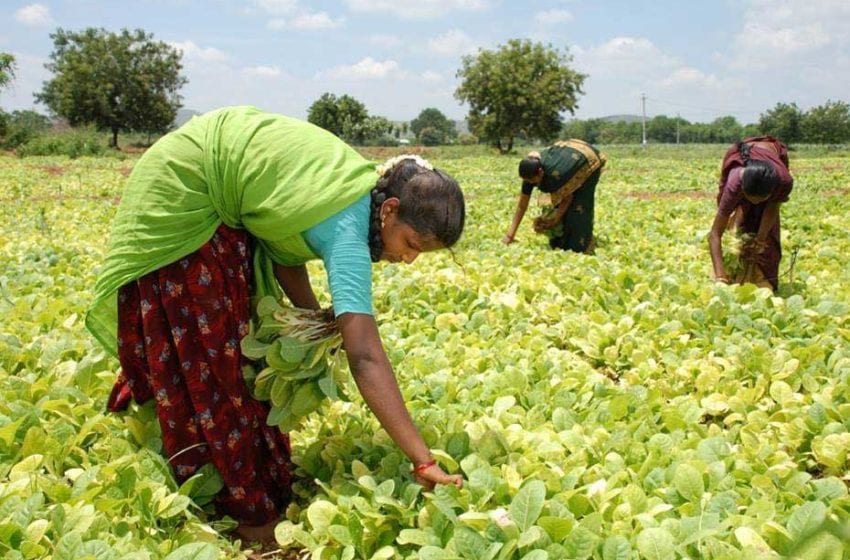India has become the world’s largest tobacco exporter, with shipments worth $1.2 billion in FY 2023-24—a 19.46% increase from the previous year. Union Commerce Minister Piyush Goyal announced that tobacco exports, including unmanufactured tobacco and processed products, reached a record-breaking ₹12,005.8 crore ($1.5 billion). However, the industry faces mounting challenges as stringent European Union (EU) sustainability standards loom.
The EU, a key importer of Indian tobacco, is set to enforce regulations under frameworks like the European Green Deal and Carbon Border Adjustment Mechanism by 2026, with full implementation by 2030. These measures aim to ensure sustainability, climate neutrality, and transparency. Experts warn that nearly 50-60% of India’s farm exports, including tobacco, could be impacted due to gaps in technology, training, and resources needed to comply with the EU’s rigorous standards.
Indian farmers, many of whom are unaware of the impending changes, rely heavily on guidance from the Tobacco Board and the Central Tobacco Research Institute (CTRI). While efforts like promoting organic farming and reducing pesticide use are underway, the industry has yet to develop a comprehensive action plan. Tobacco Board Chairman Yashwant Kumar Chidipothu stresses the need for a gradual transition to meet global standards without jeopardizing the livelihoods of millions of farmers dependent on tobacco cultivation.
As Europe tightens regulations, experts warn of potential domestic market disruptions, including declining export prices and increased local tobacco consumption. With time running out, the industry must navigate a delicate balance between sustainability and economic survival to retain its position in the global market.








